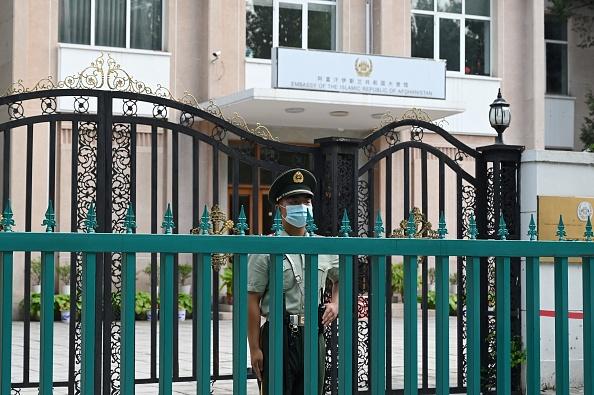The Chinese regime’s warm portrayal of the Taliban, whitewashing its violent history and repression of women, is being met with domestic backlash.
As the Taliban quickly seized power in Afghanistan in mid-August, stunning U.S. forces who were due to withdraw by month’s end, Chinese officials and state-run media have embraced the militant group’s return to rule while seizing on the crisis to excoriate the United States.



